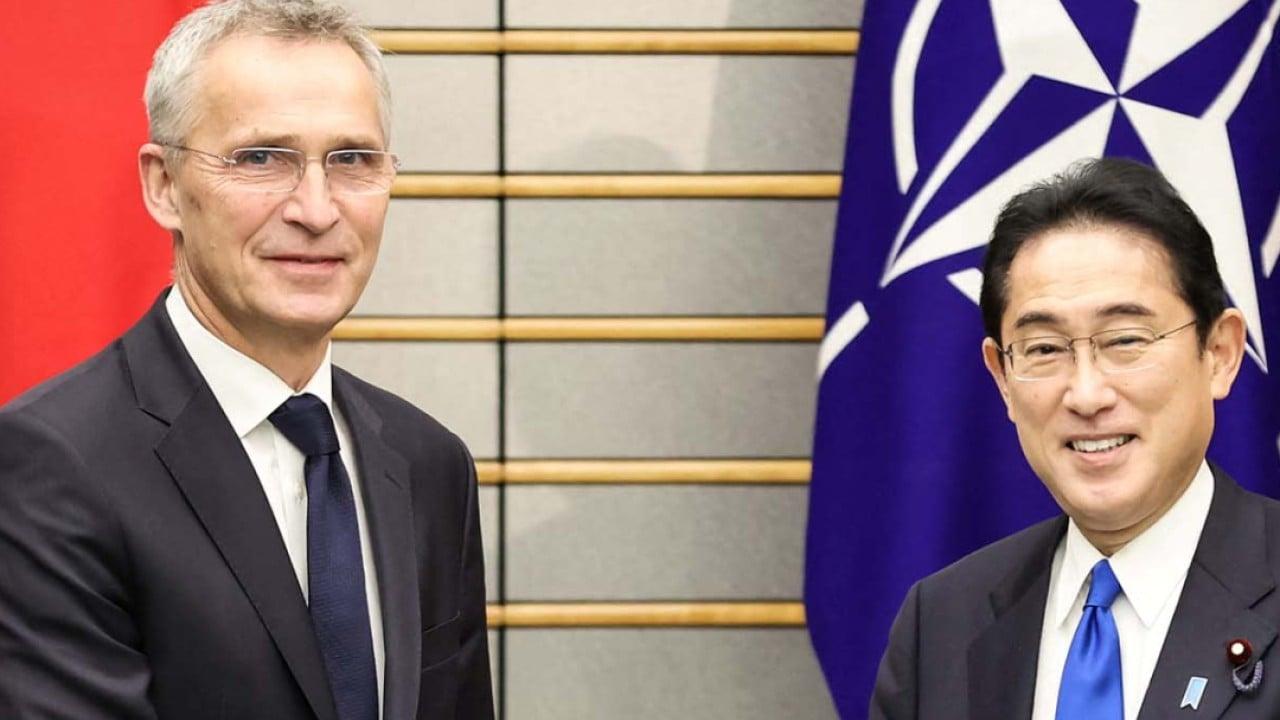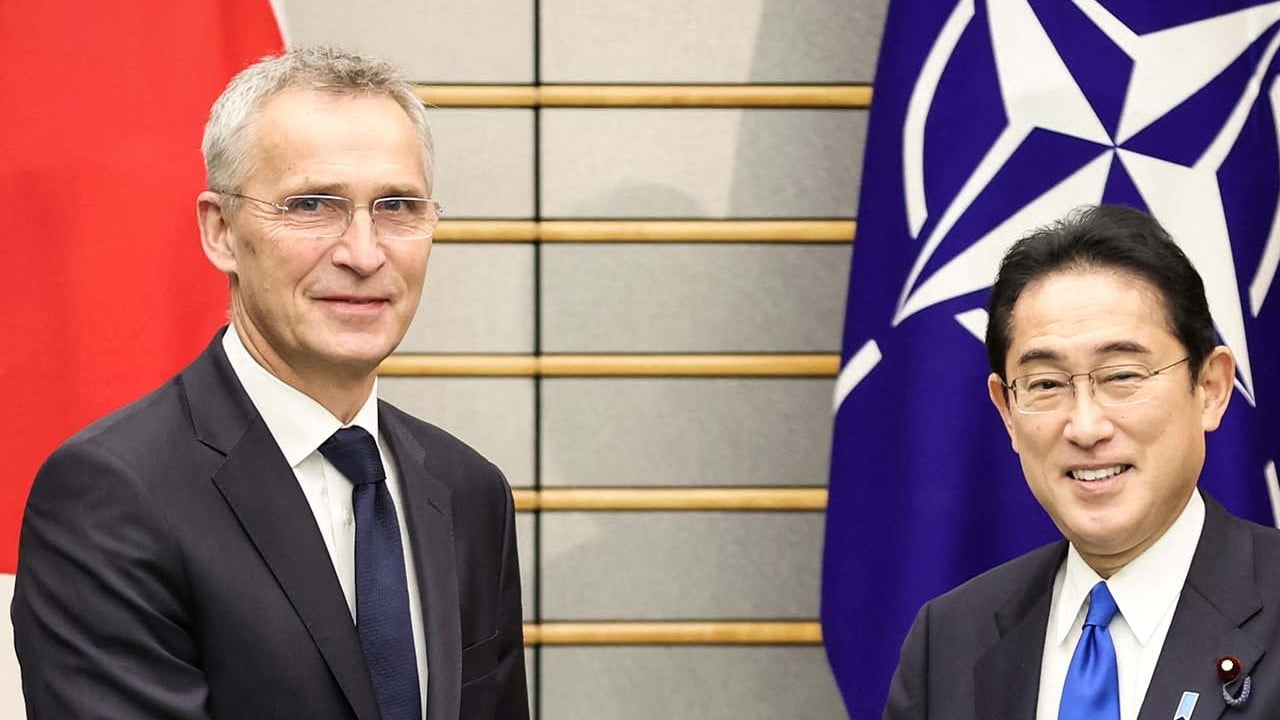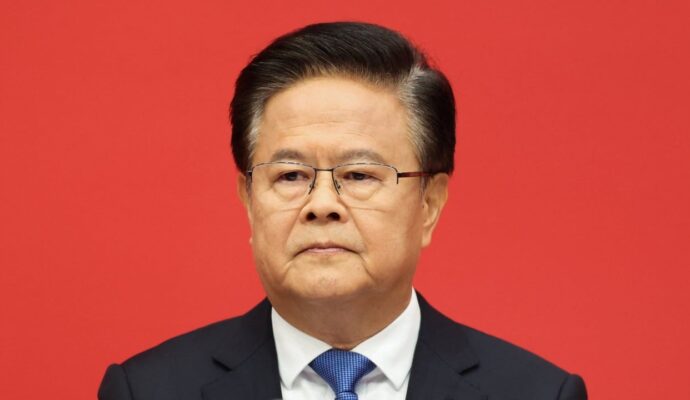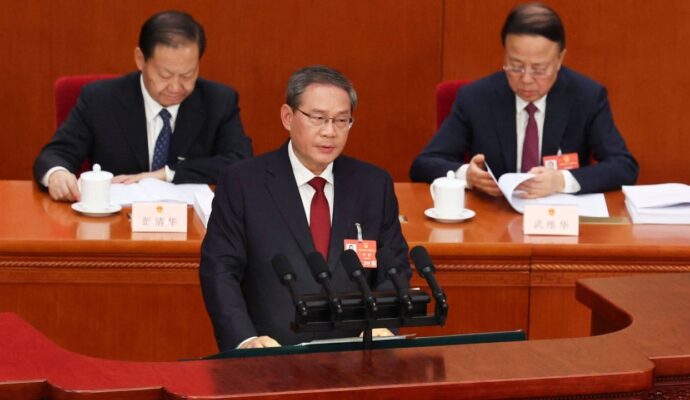
“The two sides can actively prepare for a new meeting between Chinese and European leaders, make full use of the high-level dialogue mechanism in various fields and promote exchanges between the two sides to return to pre-epidemic levels as soon as possible,” Wang said.
Wang noted that this year is the 20th anniversary of the establishment of the China-EU comprehensive strategic partnership and called on both sides to remain committed to the partnership and respect each other’s core interests.
China’s calls for closer EU ties come as it faces pressure from the West in the wake of Russia’s invasion of Ukraine. Beijing has portrayed itself as neutral and has refused to denounce the invasion. It has also strengthened its economic and political cooperation with Moscow as the US and European powers have hit Russia with sanctions for starting the war.
The EU did not make an official statement about the meeting, but Borrell posted on Twitter that he and Wang agreed on the “need to engage on issues of common concern, including those we disagree on”.
“I stressed EU position on Russian war against Ukraine and transmitted need for China to engage with Russia to end the aggression,” the tweet said.
According to the Chinese foreign ministry, Borrell said Brussels had always promoted EU-China relations in a mature and candid manner, stressing that the EU firmly upheld the one-China policy.
Wang stressed that Beijing would “adhere to promoting peace talks” and was willing to strengthen communication with the EU to make “consistent efforts towards a political settlement”.
During a speech at the conference on Saturday, Wang told the audience that China would put forward its position for a political settlement of the Ukraine crisis, but did not elaborate on when the proposal for peace talks would be delivered.
Analysts at the Berlin-based think tank Mercator Institute for China Studies (Merics) said Wang had good reason to be wary because of tensions with some European countries over surveillance and Beijing’s position on the Russian invasion.
“Bringing some stability to US-China relations, while charming Europe and expressing support for Russia in spite of the ongoing war will be a hard feat for Wang to accomplish,” Merics analyst Grzegorz Stec said in a note on February 17.
“But if Beijing does not encounter clear and coordinated messages, it will be able to set the terms of stabilisation of its relations with Europe without making concessions on the Russia front.”


